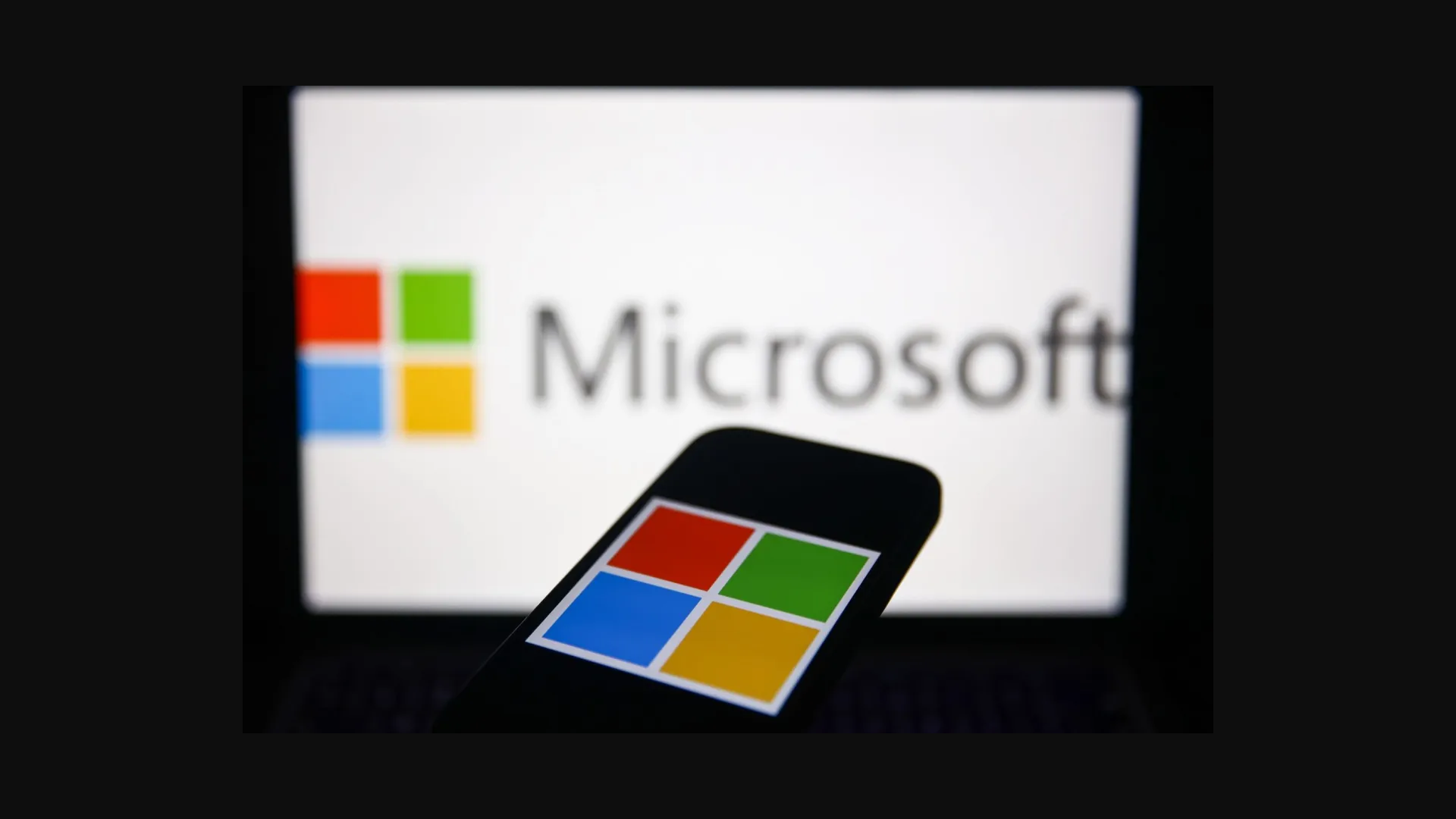Microsoft has expanded its Phi family of lightweight AI models with the launch of three new “reasoning” models: Phi-4 Mini Reasoning, Phi-4 Reasoning, and Phi-4 Reasoning Plus. These models are designed to deliver advanced performance with significantly fewer parameters — offering a compelling alternative to much larger AI systems.
According to Microsoft, the Phi-4 Reasoning Plus model rivals OpenAI’s o3-mini and even approaches the performance of DeepSeek’s R1, a model with over 671 billion parameters. Internal benchmarks show Phi-4 Reasoning Plus matches o3-mini on OmniMath, a widely used math performance test.
“Using distillation, reinforcement learning, and high-quality data, these models balance size and performance,” Microsoft stated in a blog post. “They are small enough for low-latency environments yet maintain strong reasoning capabilities that rival much bigger models.”
Here’s a breakdown of the new models:
Phi-4 Mini Reasoning: A compact 3.8B-parameter model trained on ~1 million synthetic math problems from DeepSeek’s R1. Tailored for educational tools like embedded tutoring on lightweight devices.
Phi-4 Reasoning: A more capable 14B-parameter model trained on high-quality web data and curated examples, particularly suited for math, science, and coding applications.
Phi-4 Reasoning Plus: A refined version of the original Phi-4, adapted to reasoning tasks and benchmarked to compete with both OpenAI’s o3-mini and DeepSeek R1.
All models are permissively licensed and freely available on Hugging Face, aimed at empowering AI developers to build efficient applications — especially on edge devices where resource constraints matter.
This launch marks a significant step in Microsoft’s strategy to offer open, compact AI systems that don’t compromise on reasoning strength, making high-performance AI more accessible and efficient.






